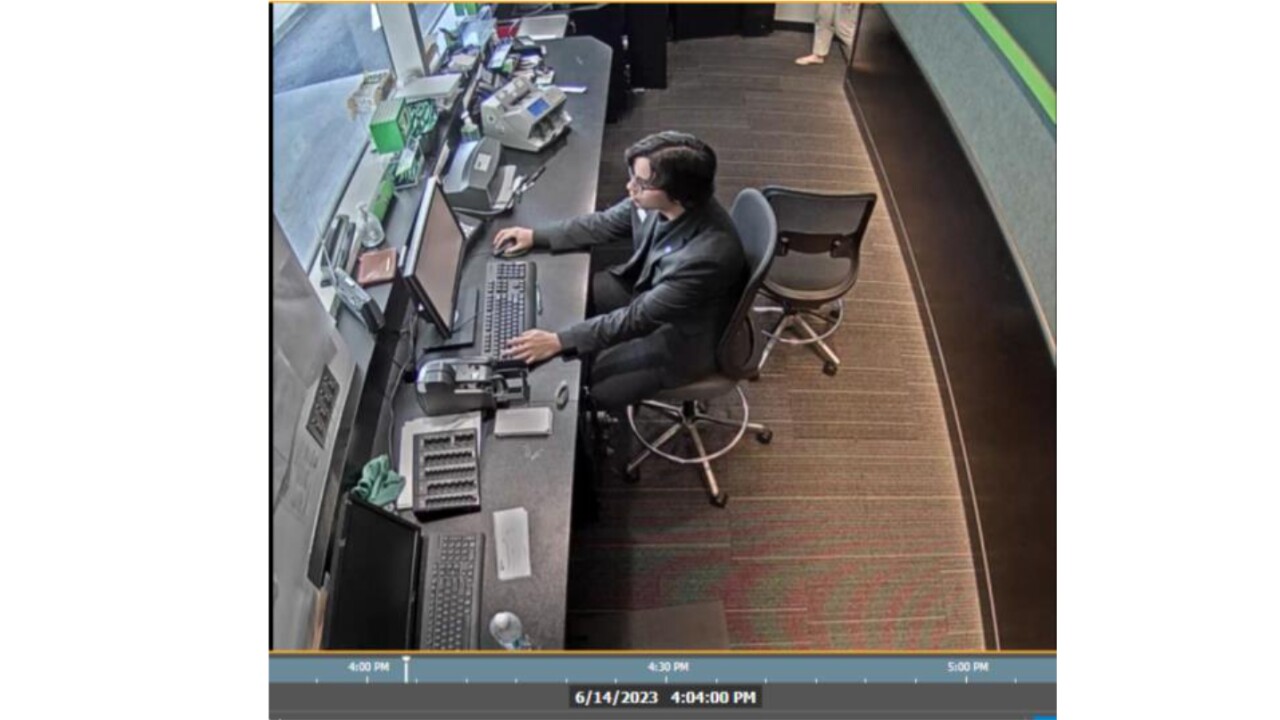WASHINGTON Regulators have gotten off easy so far as financial services firms have taken tentative first steps to capitalize on the Gramm-Leach-Bliley Act, but tougher tests of the financial reform laws outer limits loom on the horizon.
The Office of the Comptroller of the Currency has approved 60 financial subsidiaries since the enactment last year of Gramm-Leach-Bliley. Most were established to conduct noncontroversial activities, such as insurance sales or securities underwriting, that were clearly authorized by the law.
The Federal Reserve Board has granted 415 organizations status as financial holding companies, meaning that they may be engaged in merchant banking and other expanded powers that may not be conducted directly by banks.
Matters will become more problematic in the future, as companies inevitably demand that regulators expand the list of business lines that holding companies or banks may legally enter. Gramm-Leach-Bliley says that financial holding companies may engage in activities that are financial in nature or related to such activities.
Industry officials are concerned about the day when a controversial request will split competing regulators. The Federal Reserve Board sets new powers for holding company affiliates, while the Treasury and the OCC decide them for bank subsidiaries. Under Gramm-Leach-Bliley, the Fed and Treasury have mutual veto authority to deem which activities are financial in nature or incidental to them. (The Fed alone may approve activities that are complementary, which is a broader, ill-defined standard.)
Given the traditional turf war it could get ugly.
They will strain to work cooperatively, Richard M. Whiting, executive of the Financial Services Roundtable, said. We can only hope that they will view this new authority as a joint partnership to expand the opportunities for financial institutions to serve their customers.
Yet Julie Williams, the OCCs chief counsel, said the Fed and Treasury plan to work cooperatively and simultaneously authorize new activities for financial holding companies and financial subsidiaries. I dont foresee there would be a problem, she said.
In August, the Fed proposed defining finder services financial in nature. The proposal would let holding companies act as intermediaries to bring together buyers and sellers of financial or nonfinancial products for transactions that buyers and sellers negotiate themselves.
The Fed and Treasury did not work together on the finder proposal because financial subsidiaries already have that authority, Ms. Williams said in an interview Thursday. We have already found that finder authority is a permissible part of the business of banking for subsidiaries under previous law.
Industry officials say that requests to engage in real estate brokerage, real estate development, and technology-related initiatives may produce more sparks in the future.
The ability to conduct real estate brokerage activities could be the next controversial request to come before the Fed and Treasury, said Karen Shaw Petrou, president of the ISD/Shaw consulting firm in Washington. While the regulators appear to hold the same ground, Realtors are adamantly fighting it and that could affect the Fed or Treasurys decision, she said.
The Roundtable, the American Bankers Association, and the Independent Community Bankers of America have written letters to the Fed and Treasury urging them to add real estate brokerage to the list of financial activities.
Adding real estate brokerage to the permissibles list would not be a big deal because there is not much risk to the bank involved, Gil Schwartz, a partner with Schwartz & Ballen, said. If you get into real estate development, than the Fed would be much more concerned, he said.
Over the years, though, the Fed has had strong qualms over banks engaging in real estate development, Ms. Petrou said. But Treasury might be prepared to go further because officials might view these activities as less risky than the more cautious Fed does, she said.





